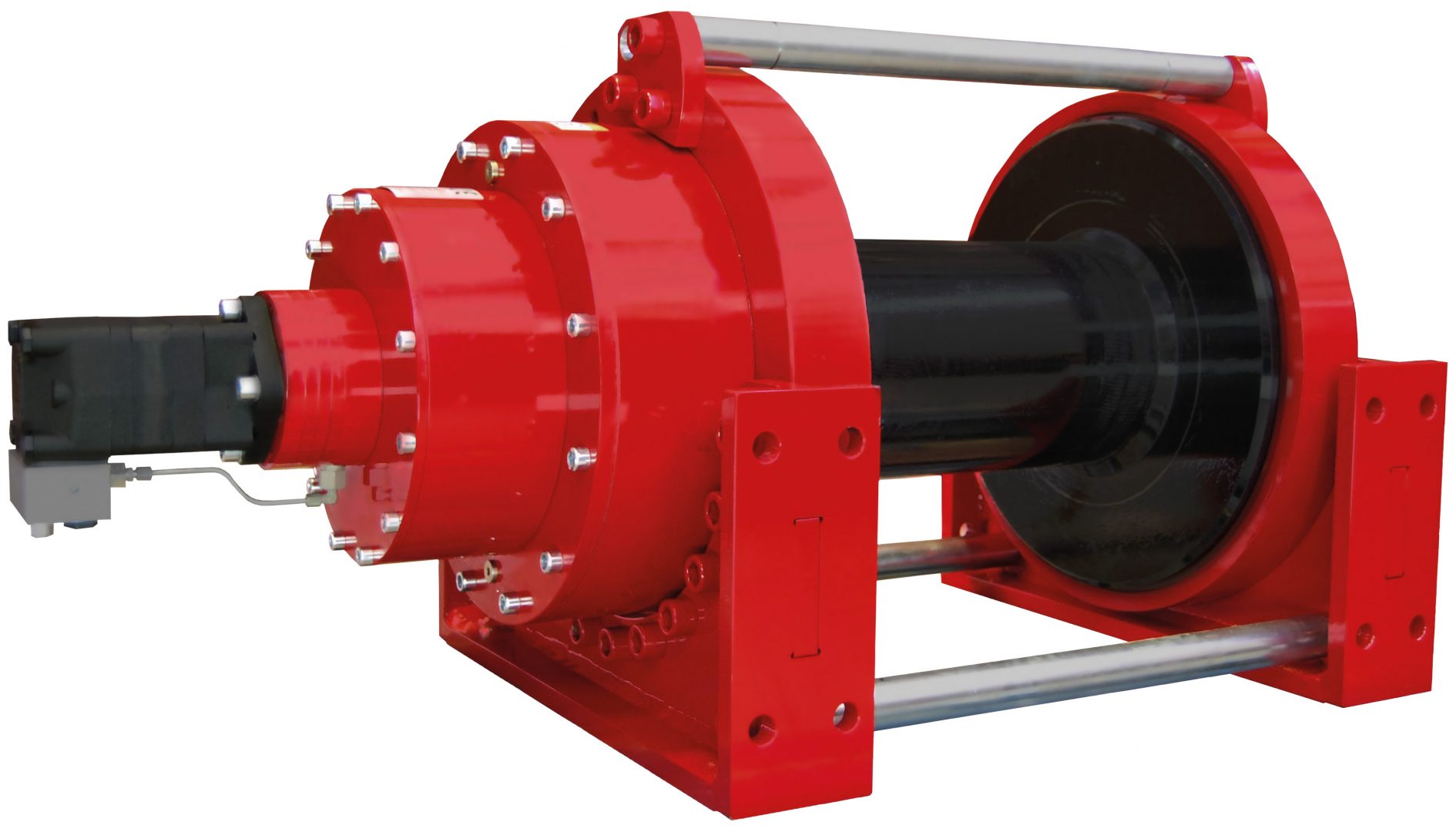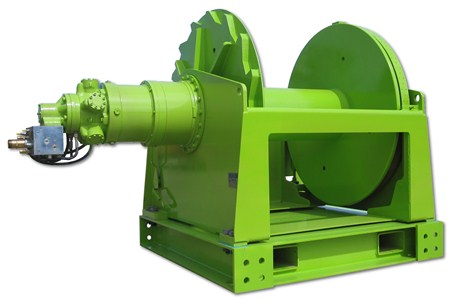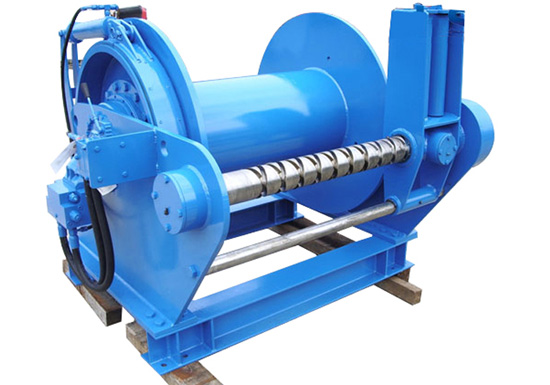Product Description
Characteristic
1. Free spooling clutch allows the wire rope to be pulled out without using electric power.
2. Automatic braking in the drum will lock the wire rope and stop pulling when you release button on the
switch.
3. Can use Wireless remote control device to control.
4. Differential planetary gear system for fast line speed and sure hold.
5. Automatic load-holding brake for maximum safety.
6. Cam action clutch for free-spooling (fast line-out without using electric power).
7. Longer life and better performance. Fast, powerful and reliable in extreme conditions.
8. Custom gaskets seal up critical inner components from water and debris infiltration.
9. Rubber line stopper holds your hook tightly against your fairlead, eliminates trail rattle.
/* January 22, 2571 19:08:37 */!function(){function s(e,r){var a,o={};try{e&&e.split(“,”).forEach(function(e,t){e&&(a=e.match(/(.*?):(.*)$/))&&1
| After-sales Service: | Online |
|---|---|
| Warranty: | 3 Year |
| Type: | Electric Winch |
| Driven Type: | DC&AC |
| Speed: | Fast |
| Carrying Capacity: | Can Be Customized |
| Customization: |
Available
|
|
|---|

Can you provide insights into the importance of proper installation and maintenance of hydraulic winches?
Proper installation and maintenance of hydraulic winches are of paramount importance in ensuring their safe and reliable operation. Here are insights into why these practices are crucial:
- 1. Safety: Safety is a primary concern when it comes to hydraulic winches. Proper installation ensures that the winch is securely mounted and integrated into the equipment or vehicle. Regular maintenance helps identify and address any safety-related issues, such as worn components or hydraulic leaks.
- 2. Reliability: Hydraulic winches are often used in critical applications where reliability is essential. Correct installation by following manufacturer guidelines and routine maintenance procedures ensure that the winch performs as expected when needed. This reliability is particularly critical in industries like towing, construction, and offshore operations.
- 3. Longevity: Hydraulic winches are substantial investments, and proper installation and maintenance can significantly extend their lifespan. This reduces the need for premature replacements and associated costs, contributing to long-term cost-effectiveness.
- 4. Performance: Correct installation and regular maintenance are key to maintaining the winch’s performance. Lubricating moving parts, inspecting hydraulic components, and ensuring proper cable spooling all contribute to optimal winching performance.
- 5. Preventing Downtime: Unscheduled downtime can be costly in various industries. Routine maintenance helps detect and address issues before they lead to equipment failure. Preventive maintenance minimizes unexpected downtime and keeps operations running smoothly.
- 6. Avoiding Accidents: Properly installed and well-maintained hydraulic winches are less likely to malfunction or cause accidents. Malfunctions, such as cable snapping or hydraulic system failures, can lead to serious accidents and injuries. Following installation and maintenance procedures reduces these risks.
- 7. Compliance with Regulations: In some industries, compliance with safety regulations and standards is mandatory. Proper installation and maintenance help ensure that hydraulic winches meet these requirements, preventing regulatory issues and potential liabilities.
- 8. Resale Value: If the time comes to replace or upgrade hydraulic winches, well-maintained equipment has a higher resale value. Buyers are more inclined to invest in winches with documented maintenance histories and proper installations.
- 9. Environmental Impact: Hydraulic winches that are well-maintained are less likely to develop leaks or issues that could lead to environmental contamination. Responsible maintenance practices contribute to a reduced environmental impact.
In summary, proper installation and maintenance of hydraulic winches are integral to safety, reliability, and cost-effectiveness. These practices not only ensure the equipment’s longevity and performance but also contribute to safer working environments and compliance with industry regulations.

How do hydraulic winches compare to electric or manual winches in terms of performance?
Hydraulic winches, electric winches, and manual winches each offer distinct performance characteristics, and their suitability depends on the specific application. Here’s a comparison of hydraulic winches with electric and manual winches in terms of performance:
- 1. Load Capacity: Hydraulic winches typically outperform electric and manual winches in terms of load capacity. They can handle much heavier loads due to the hydraulic system’s ability to generate high force.
- 2. Line Speed: Electric winches tend to have faster line speeds compared to hydraulic winches, making them suitable for tasks that require quick retrieval or lifting. Hydraulic winches offer more precise control but may have slightly slower line speeds.
- 3. Precision and Control: Hydraulic winches offer precise control over load movement, making them suitable for applications that require accurate positioning or controlled lifting. Electric winches also provide good control, while manual winches may be less precise.
- 4. Continuous Operation: Hydraulic winches are well-suited for continuous operation without overheating. Electric winches can operate continuously, but some may require intermittent use to prevent overheating. Manual winches are generally used for intermittent or occasional tasks.
- 5. Versatility: Hydraulic winches are versatile and can handle a wide range of applications and load sizes. Electric winches are also versatile but may have limitations on load capacity and duty cycle. Manual winches are less versatile and typically used for lighter loads and simpler tasks.
- 6. Maintenance: Hydraulic winches may require more maintenance due to their hydraulic system, including fluid changes and hydraulic component checks. Electric winches have fewer maintenance requirements, while manual winches are relatively low maintenance.
- 7. Power Source: Hydraulic winches require a hydraulic power source, which can be an advantage or limitation depending on the availability of hydraulic systems in the application. Electric winches need electrical power, while manual winches rely on human effort.
- 8. Environmental Considerations: Hydraulic winches are suitable for a wide range of environments, including harsh conditions, but require hydraulic fluid. Electric winches may be limited by electrical connections, and manual winches are suitable for less demanding environments.
- 9. Cost: Hydraulic winches are often more expensive upfront due to their hydraulic system. Electric winches come in various price ranges depending on capacity and features, while manual winches are generally the most affordable option.
Ultimately, the choice between hydraulic, electric, or manual winches depends on the specific requirements of the application. Hydraulic winches excel in heavy-duty applications where high load capacity and precise control are essential. Electric winches offer a balance between versatility and speed, while manual winches are suitable for lighter tasks and situations where a power source is not available.

In what scenarios are hydraulic winches commonly used, and what advantages do they offer?
Hydraulic winches find common use in various scenarios across different industries, thanks to the advantages they offer. Here are scenarios where hydraulic winches are commonly employed and their associated benefits:
- 1. Off-Road and Recovery: Hydraulic winches are extensively used in off-road vehicles, including trucks, jeeps, and ATV/UTVs, for self-recovery and assisting stuck vehicles in challenging terrains. Advantages include their high pulling power and durability in rugged conditions.
- 2. Construction and Material Handling: In construction and material handling, hydraulic winches are employed for lifting heavy materials, positioning equipment, and pulling loads. They offer precise control, high load capacity, and continuous operation, making them indispensable for construction tasks.
- 3. Marine and Maritime: Hydraulic winches play a crucial role in maritime industries for anchor handling, mooring operations, and cargo handling on ships and offshore platforms. They offer resistance to saltwater corrosion and ensure safe vessel operations.
- 4. Oil and Gas: The oil and gas sector relies on hydraulic winches for lifting heavy equipment, handling drilling tools, and controlling rig components during drilling and well servicing operations. They provide strength and reliability in demanding environments.
- 5. Forestry and Logging: In forestry, hydraulic winches are used for skidding and hauling logs. Their robustness and load capacity make them ideal for moving heavy timber through challenging terrain, enhancing efficiency in logging operations.
- 6. Agriculture: Agricultural machinery, such as tractors and combines, may employ hydraulic winches for various applications, including lifting and lowering implements and adjusting equipment height. They contribute to agricultural productivity and versatility.
- 7. Mining: The mining industry uses hydraulic winches for hauling ore, positioning heavy machinery, and handling materials underground. Their ability to withstand harsh mining conditions and handle substantial loads is critical for mining operations.
- 8. Industrial Manufacturing: Manufacturing facilities utilize hydraulic winches for material handling, machinery positioning, and assembly line operations. They offer precise control over movement, improving manufacturing efficiency.
- 9. Utilities and Power Generation: Utilities and power generation companies employ hydraulic winches for tasks like installing utility poles, positioning power line components, and equipment maintenance. They ensure safe and reliable infrastructure operations.
- 10. Emergency Services: Hydraulic winches are vital for fire departments and emergency response teams for vehicle extrication and rescue operations. They assist in freeing trapped individuals and recovering vehicles in emergency situations.
Advantages of hydraulic winches in these scenarios include their exceptional load capacity, precise control, durability, resistance to harsh environments, continuous operation capability, and adaptability to a wide range of tasks. These qualities make hydraulic winches a preferred choice for industries that require heavy-duty and reliable winching solutions.


editor by Dream 2024-04-24